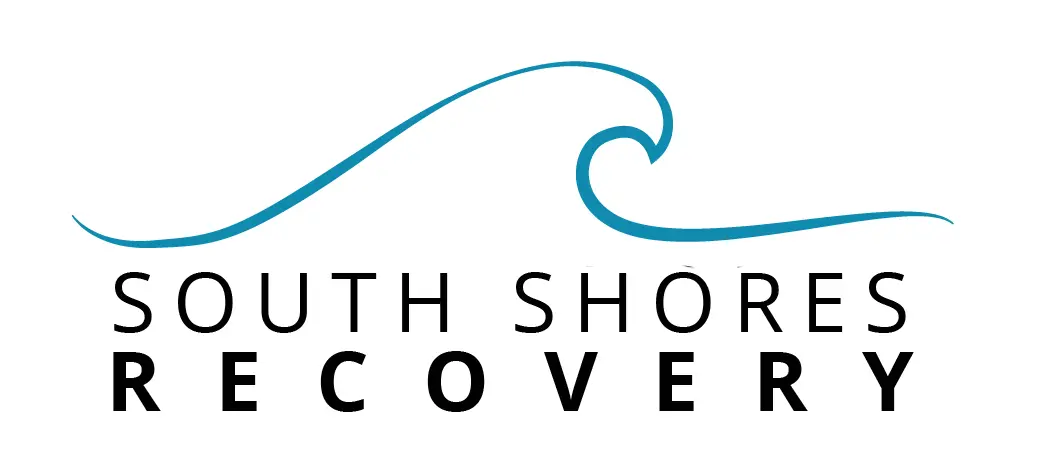About South Shores Recovery
Clients needing a thorough, immersive addiction treatment plan can take advantage of their residential services. The gender-specific care can last up to three months, with a personalized treatment plan for every client consisting of psychotherapy and holistic healing activities.
The intensive outpatient program uses treatments and services such as individual therapy, group therapy, family therapy, medication management, relapse prevention planning, and occupational support. This program serves clients in recovery while they live off-site.
The partial hospitalization program at South Shores Recovery is a non-residential program that involves more treatment time. This program offers medically supervised care with one-on-one therapy, group therapy, and life skills training for relapse prevention.
They accept plans from such insurance providers as Aetna, Health Net, Cigna, and TRICARE. Because insurance plans vary, be sure to verify coverage information and out of network details with the insurer.
Facility Overview
Latest Reviews
See AllReaching out for recovery can be challenging for families as well as clients, and we are all glad that Lee, Mary, and the rest of our staff could help make it a little easier to navigate. Hearing about Rachel’s progress and renewed spirit is exactly why we do what we do. We wish you both continued strength and happiness in this next chapter together.
Rehab Score
Gallery
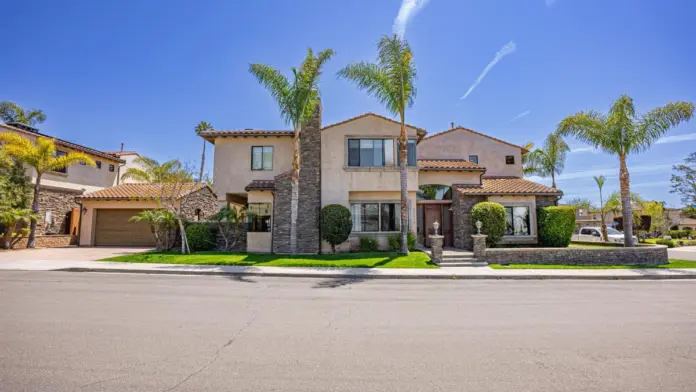
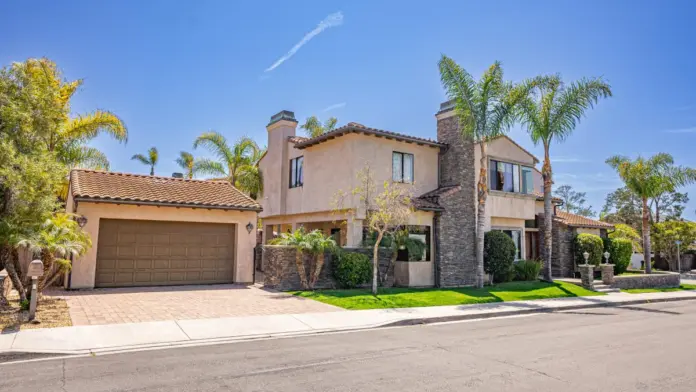


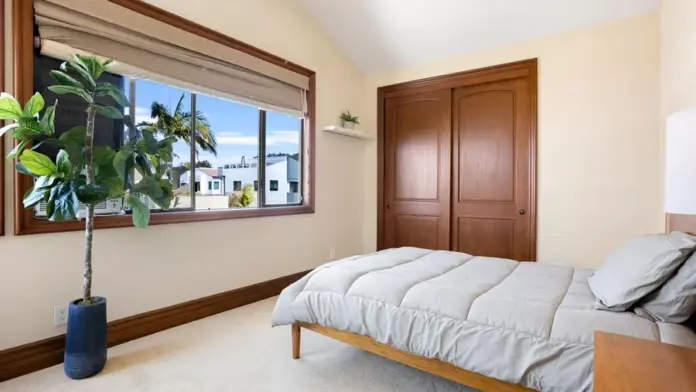
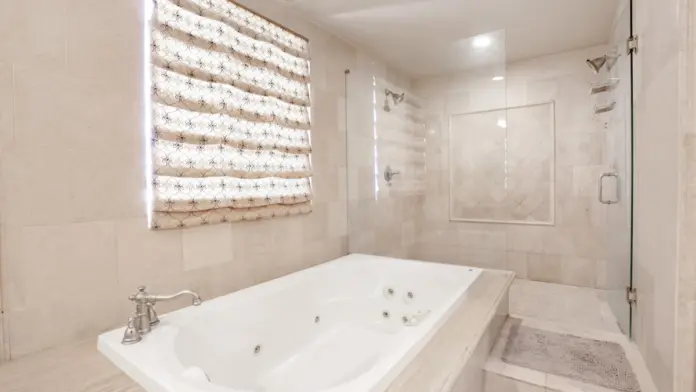
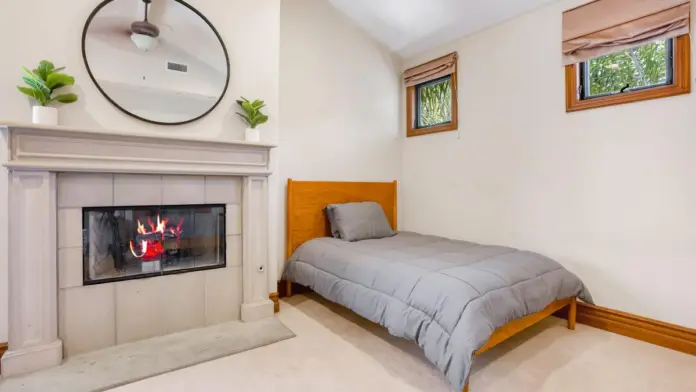
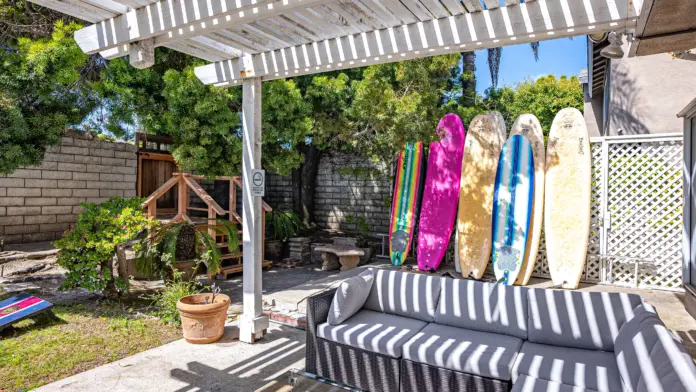
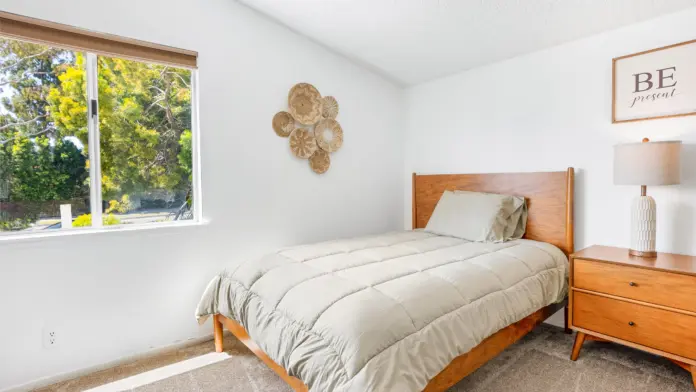
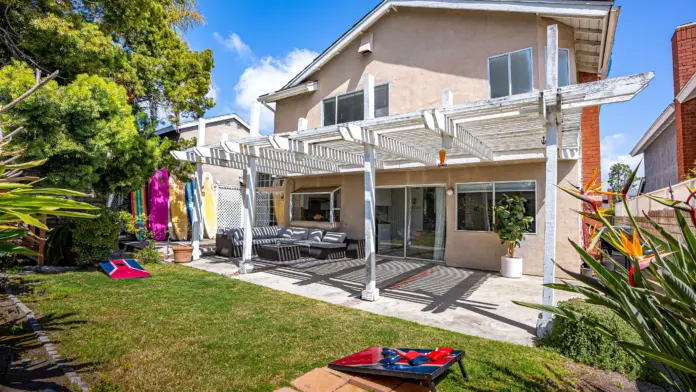
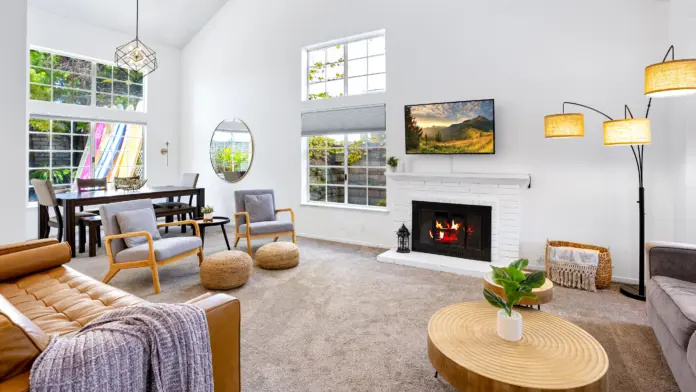
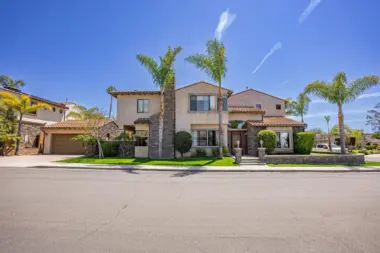



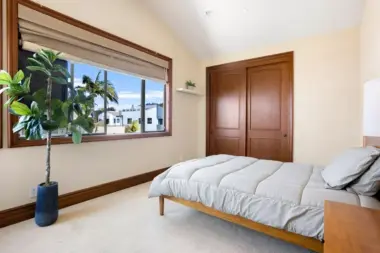

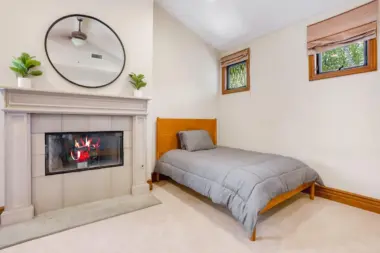
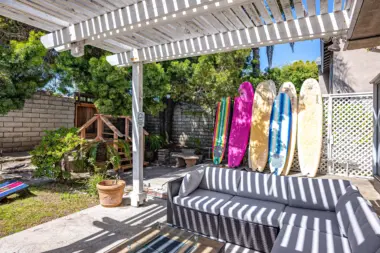
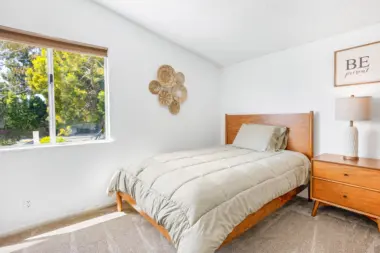
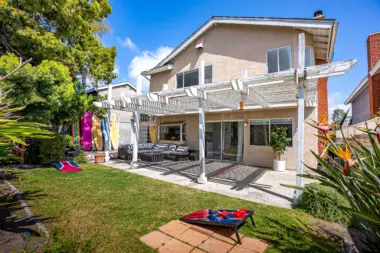

Accepted Insurance





Other Forms of Payment
Private insurance refers to any kind of healthcare coverage that isn't from the state or federal government. This includes individual and family plans offered by an employer or purchased from the Insurance Marketplace. Every plan will have different requirements and out of pocket costs so be sure to get the full details before you start treatment.
Self-pay involves paying for treatment out of your own pocket. You can use savings or credit, get a personal loan, or receive help from family and friends to fund your treatment. If you don't have insurance or your insurance plan doesn't cover a specific program, self-pay can help ensure you still get the care you need.
Military members, veterans, and eligible dependents have access to specific insurance programs that help them get the care they need. TRICARE and VA insurance can help you access low cost or no cost addiction and mental health treatment. Programs that accept military insurance often have targeted treatment focused on the unique challenges military members, veterans, and their families face.
Private insurance refers to any kind of healthcare coverage that isn't from the state or federal government. This includes individual and family plans offered by an employer or purchased from the Insurance Marketplace. Every plan will have different requirements and out of pocket costs so be sure to get the full details before you start treatment.
Addiction Treatments
Levels of Care
General outpatient treatment is the least intensive level of care we offer at South Shores Recovery. This service is appropriate when you require minimal support and maximum flexibility in your schedule. Your services will concentrate primarily on relapse prevention techniques to help you avoid temptations and maintain long-term recovery.
Inpatient or residential treatment is the most intensive level of care we offer. During your time in this program, you’ll live on-site at our Dana Point campus, where you’ll receive around-the-clock care and supervision. In addition to short-term stays, we also offer extended inpatient services that can last up to three months.
If you can’t attend residential treatment or don’t need quite as much support, our intensive outpatient program (IOP) can be an ideal fit. This program is more time-intensive than our traditional outpatient program but less than our partial hospitalization program (PHP). You’ll visit our office to attend group therapy sessions throughout the week and at least one weekly individual therapy session. Holistic treatments, like art therapy, are also available.
Once you complete inpatient care, moving to a sober living home offers a substance-free and supportive setting with more independence and flexibility. You can also live in one while pursuing IOP or PHP treatment at a facility like South Shores Recovery. These homes help you reintegrate into your community and put the life skills you’ve learned into practice.
If you know someone who is struggling with addiction but isn’t ready to change then an intervention may be necessary. This is a planned meeting that allows friends and family members to come together to discuss the benefits of treatment, offer emotional support and begin formulating a plan. South Shores wants to be an ally in recovery. We can support you throughout this process and offer a range of programs to help your loved one at any point in their recovery journey.
At South Shores Recovery, partial hospitalization is our most intensive form of outpatient treatment, considered just a step below residential treatment. You will live at home while receiving care but you’ll still have a rigorous treatment schedule. Most of our PHP clients participate in treatment for a few hours a day, five to seven days a week.
Addiction is not a part-time challenge, especially during the beginning phases of recovery when you’re faced with drug cravings, physical withdrawal symptoms and heightened stress levels. At our rehab center in Dana Point, our experienced clinicians and physicians provide round-the-clock monitoring to ensure your safety and comfort. There’s no clinical, isolated feeling here at South Shores. You’ll be welcomed, supported and cared for at every turn.
Our medically-assisted detox program helps you safely withdraw from drugs or alcohol before you begin the next phase of your treatment. This is a critical first step in recovery but it can be painful and dangerous to pursue on your own. Our staff can provide medications to relieve your symptoms, tailoring their approach to meet your needs. If you’re withdrawing from opioids, you may receive methadone, buprenorphine, or naltrexone. We can administer disulfiram, naltrexone, and acamprosate for alcohol addiction.
Treatments
South Shores is a luxury facility specializing in substance abuse treatment for long-term sobriety. We provide comprehensive care to address addiction and co-occurring mental health conditions. The personalized approach includes customized treatment planning, psychotherapy, recovery-focused life skills training, and an emphasis on healthy coping methods and relapse prevention strategies.
South Shores provides the highest level of alcohol addiction treatment that includes medical detox, medication-assisted treatment (MAT), using FDA-approved medicines like disulfiram to discourage alcohol use. You’ll build trust with peers while attending 12-step meetings, building trust, motivation, and accountability to support your long-term sobriety. SMART Recovery meetings provide helpful peer support strategies to manage relapse triggers.
Opioid addiction encompasses dependency on both legal and illicit substances. Prescribed medications, including post-operative pain medications, often carry a high risk of addiction. South Shores helps you safely detox from opioids with medical detox and rapid tapering. We can give you medications, like antidepressants, Gabapentin, and blood pressure medicines, to offset withdrawal symptoms during detox while monitoring your progress from 1 to 2 months. After detox, you’ll enter formal opioid addiction treatment, which, at South Shores, combines a range of therapies, including counseling, recovery education, and alternative treatments.
South Shores specializes in the treatment of numerous types of drug dependencies, including addictions to stimulants, opioids, hallucinogens, and sedatives. We also tackle addictions to prescription medications, such as Oxycodone and Xanax. Whether you need assistance with overcoming one substance or multiple substances, our experienced team can help you break the chains of drug addiction.
Dual diagnosis means having a substance addiction concurrently with mental health conditions. Co-occurring issues are frequent, and people may start using drugs as a form of self-medication. South Shores Recovery provides specialized dual diagnosis care through a comprehensive approach that simultaneously addresses the chemical dependency and the mental illness. Our integrative treatment model combines pharmacological, medical, psychological, and holistic care to support whole-person recovery. \\\\\\\\\\\\\\\\\\\\\\\\\\\\\\\\\\\\\\\\\\\\\\\\\\\
Programs
The programs at South Shores Recovery are for adults 18 and older. Our outpatient programs offer flexibility for those who want to continue working during treatment. South Shores’ programs address issues specific to adult concerns and conditions, like parenting and overcoming trauma. Family and individual therapy sessions often uncover the root causes of these issues. South Shores also offers a specialized couples program using a family systems approach to healing.
Young adults between the ages of 18 and 25 are on the cusp of major life milestones. They may face unique issues related to relationships, careers and academic pursuits, all of which could trigger or exacerbate substance use. At South Shores Recovery, we offer peer-led treatment programs designed specifically for this age group.
Veterans and active-duty military members often experience mental health conditions, like post-traumatic stress disorder (PTSD) and anxiety, that can go hand-in-hand with addiction. We specialize in evidence-based, trauma-informed services, like eye movement desensitization and reprocessing (EMDR) and cognitive processing therapy (CPT), to address these unique needs.
Clinical Services
Cognitive Behavioral Therapy (CBT) is a therapy modality that focuses on the relationship between one's thoughts, feelings, and behaviors. It is used to establish and allow for healthy responses to thoughts and feelings (instead of unhealthy responses, like using drugs or alcohol). CBT has been proven effective for recovering addicts of all kinds, and is used to strengthen a patient's own self-awareness and ability to self-regulate. CBT allows individuals to monitor their own emotional state, become more adept at communicating with others, and manage stress without needing to engage in substance abuse.
While participating in dialectical behavior therapy in California, you’ll focus on four key areas of skill development: mindfulness, interpersonal effectiveness, emotion regulation, and distress tolerance. Treatment includes weekly individual and group sessions.
During group therapy, men and women learn to express their emotions openly in a non judgmental setting. This helps you process your feelings and reduces feelings of social isolation that are often associated with addiction.
Individual therapy for drug addiction includes a customized treatment plan that considers your history and life circumstances. During your therapy sessions, the therapist helps you uncover underlying issues and triggers for addictive behavior that support a holistic approach to recovery.
For clients who are struggling with ambivalence toward change, motivational interviewing in California can help strengthen their commitment to change. Using a conversational method, the therapist helps you explore your motivations and empowers you to make the changes you desire.
Eye Movement Desensitization and Reprocessing (EMDR) is a trauma focused therapy in California that uses bilateral stimulation, like eye movements, to help you resolve traumatic memories. This evidence based therapy is widely recognized for its effectiveness in treating post traumatic stress disorder and other traumatic conditions. Following an eight phase protocol this approach helps reduce your emotional stress and fosters healing and resilience.
Family therapy offers a platform for members to have an open dialogue about the challenges that addiction has placed on the family unit. Through guided sessions, therapists can help families develop healthy communication skills and address unresolved issues. By working together toward a common goal, they help to support their loved one's sobriety.
While in rehab treatment, you may work on developing various life skills to help you in long term recovery. These may include resilience, interpersonal skills, and self awareness. The focus will be on developing healthy habits for self care and relationships so you have the skills you need to manage day to day life.
Substances can prevent the absorption of nutrients and cause damage to your body’s systems. Nutrition therapy in California addresses the deficiencies in vitamins and minerals that are caused by substance abuse.
Creativity is inherently healing, and can help those in recovery express thoughts or feelings they might not otherwise be able to. Creative arts therapy can include music, poetry/writing, painting, sculpting, dance, theater, sandplay, and more. Unlike traditional art, the final product matters far less than the experience of creation and expression itself.
Recreational therapy is included in alcohol and drug addiction treatment to focus on engaging you in healthy activities that reduce your cravings and improve your overall health and well being. When you participate in group sports, art, or nature walks, you develop new interests and find a meaningful way to spend your time and reduce your cravings.
Trauma therapy is a structured approach used by therapists to help you heal from a past traumatic event. Your therapist works with you to identify the traumatic memory and process the information so you experience emotional healing and a sense of safety and stability.
Amenities
-
Gym
-
Yoga Studio
-
Residential Setting
-
Private Rooms
-
Hiking
-
Beach Setting
-
Luxury Accommodations
Staff & Accreditations
Staff
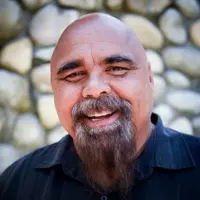
Eric Botelho
CEO
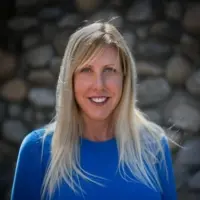
Katrina Harris, LMFT
Clinical Visionary Officer
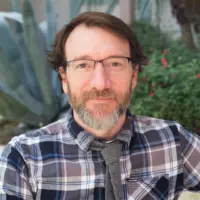
Randall Turner, PhD
Medical Director

Paris Adamson
Operations Director

Christina Tchamanian
Program Manager
Accreditations

LegitScript has reviewed South Shores Recovery as part of their certification program, and has determined that it meets the LegitScript standards for legality, safety and transparency.
LegitScript verified in

State Licenses are permits issued by government agencies that allow rehab organizations to conduct business legally within a certain geographical area. Typically, the kind of program a rehab facility offers, along with its physical location, determines which licenses are required to operate legally.
State License: California

The Joint Commission, formerly known as JCAHO, is a nonprofit organization that accredits rehab organizations and programs. Founded in 1951, the Joint Commision's mission is to improve the quality of patient care and demonstrating the quality of patient care.
Joint Commission Accreditation: Yes
